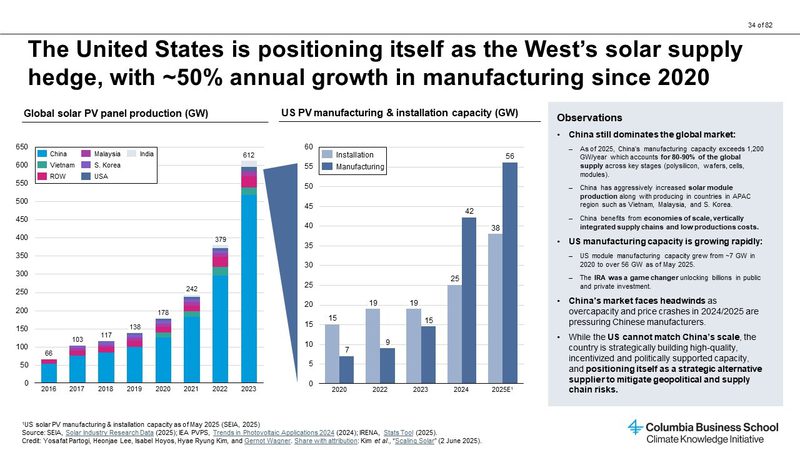Reflections – Managing Uncertain Climates: Some Guidance for Policy Makers and Researchers
by Frank J. Convery and Gernot Wagner
Abstract:
Climate change—and, by extension, climate policy—is beset with unknowns and unknowables. This “Reflections” presents an overview of approaches to managing climate uncertainties, in the hopes of providing guidance for current policy decisions as well as future research. We propose the following guidance for policy makers: Treat climate change as a risk management problem; recognize that benefit-cost analysis is only the first of many steps in deciding on optimal climate policy; in assessing abatement choices, use a discount rate that declines over time; recognize the importance of framing, evidence, and connecting the dots; reward modesty. We suggest the following questions for consideration by researchers: Can we improve forecasting? Can we improve the way we address non-linearities and possible irreversibilities? What other (sub-)disciplines merit a closer look? How can we create the right incentives for updating and expanding economic damage functions and climate-economy models? What alternative decision criteria merit further exploration? What does ‘not knowing’ tell us?
Full text: “Reflections – Managing Uncertain Climates: Some Guidance for Policy Makers and Researchers” (30 April 2015).
Correction (23 July 2015): The published version incorrectly lists the primary authors of two of the three main climate-economy models. Richard Tol originated FUND, Chris Hope PAGE, not the other way around. Mea culpa. (Thanks to Chris Hope for pointing this out.)


